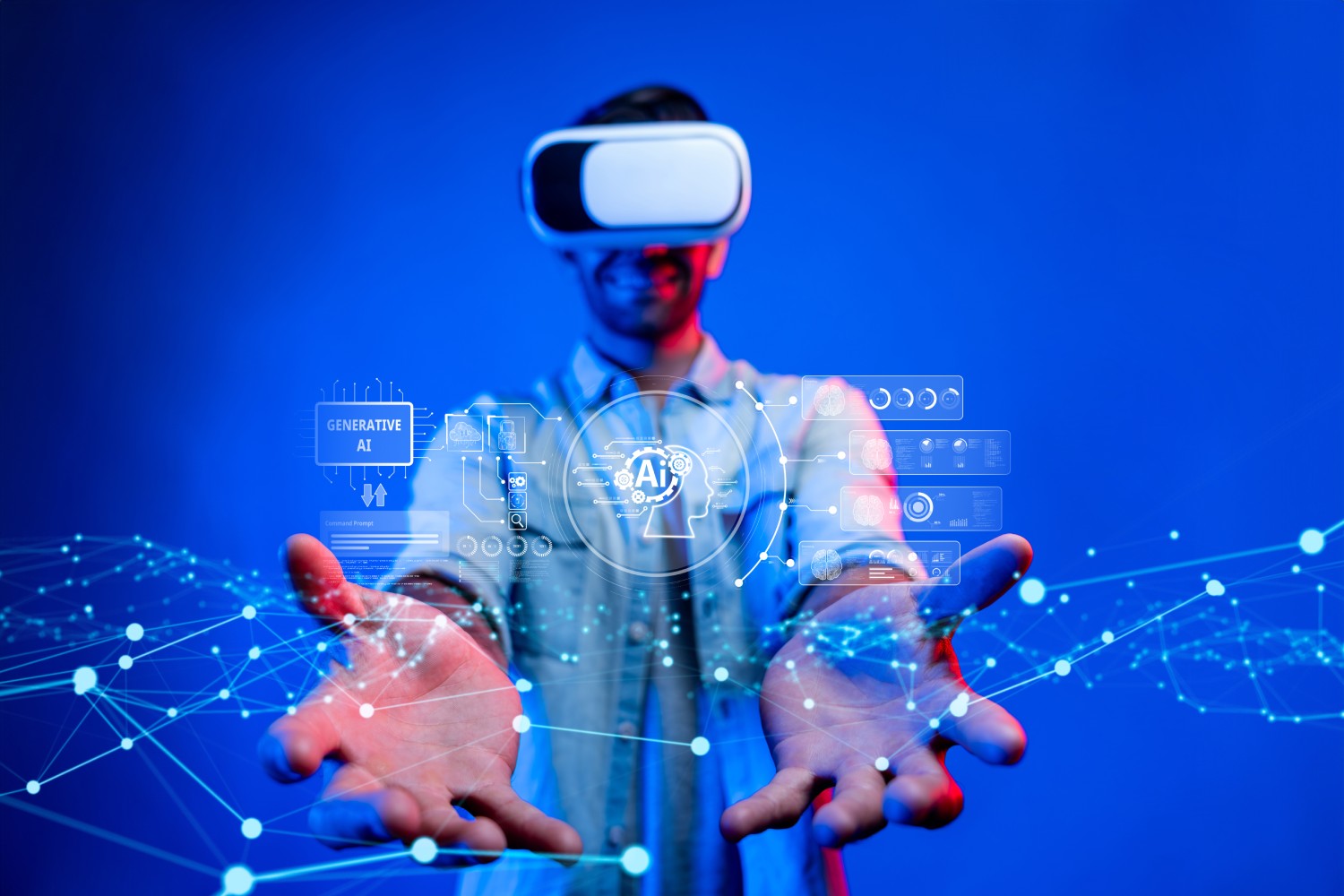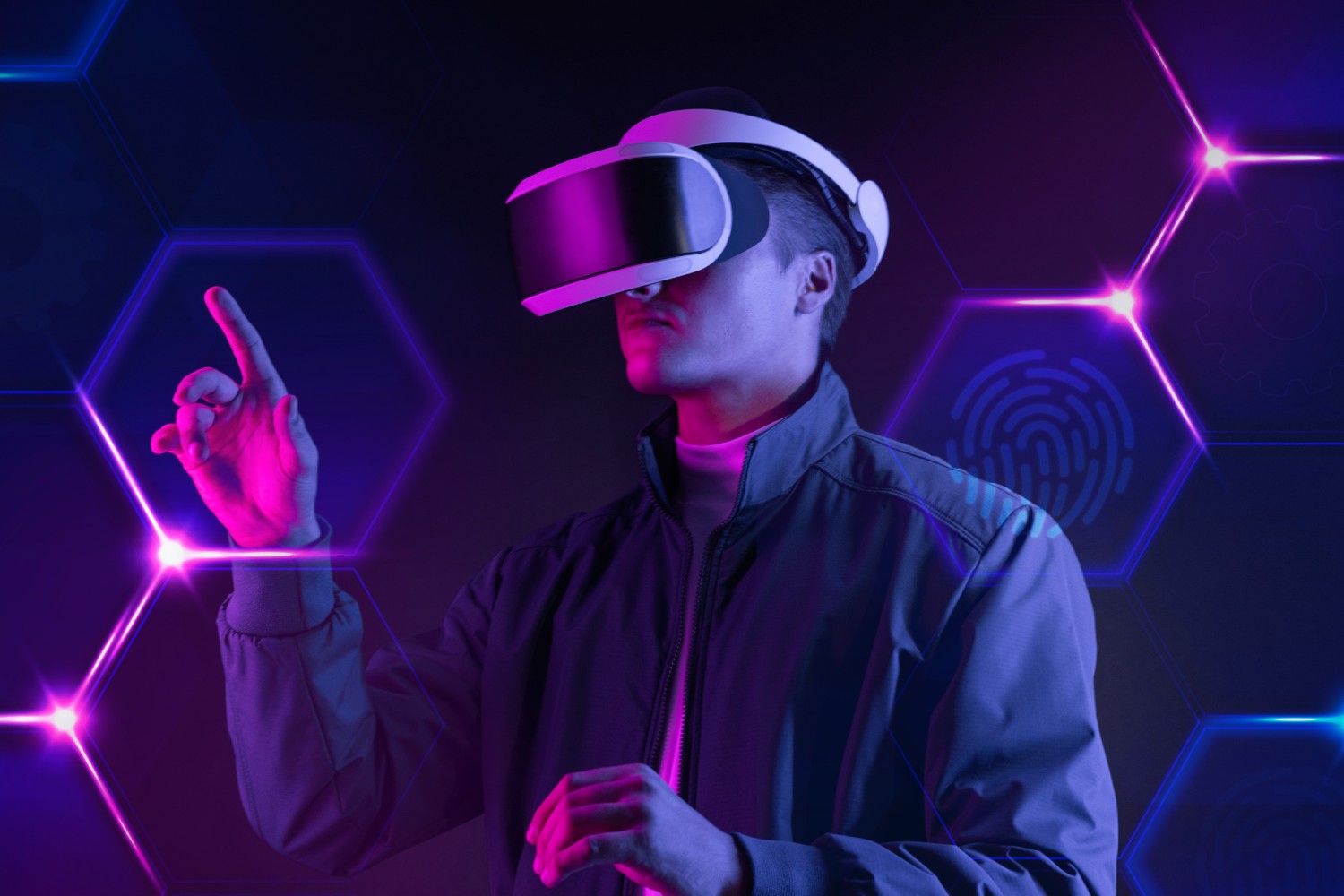Artists worldwide are blending traditional techniques with contemporary styles to preserve cultural heritage. From indigenous crafts to folk music, these efforts celebrate diversity and create meaningful connections between the past and present. Supporting such initiatives through education and funding ensures that traditions thrive in the modern age.
Day: January 15, 2025
-

Digital Nomadism: Redefining Work-Life Balance
The rise of remote work has given birth to a generation of digital nomads who prioritize flexibility and experiences over traditional work setups. This lifestyle is reshaping industries like travel and coworking spaces. However, challenges like visa regulations, job stability, and maintaining productivity highlight the need for supportive policies and tools. Exploring these dynamics provides insights into the future of work.
-

Food Trends for the Health-Conscious Generation
Health-conscious consumers are driving trends like plant-based diets, organic produce, and functional foods. Innovations like lab-grown meat and personalized nutrition plans are reshaping how we approach food. Balancing health benefits with environmental sustainability is key to fostering long-term dietary changes. Understanding these trends helps consumers make informed choices.
-

The Influence of Streaming Platforms on Global Culture
Streaming platforms like Netflix and Spotify have transcended borders, bringing diverse content to global audiences. This accessibility has fostered cross-cultural appreciation, introducing viewers to new languages, traditions, and stories. However, the dominance of a few platforms raises concerns about content monopolization and cultural homogenization. Encouraging diverse voices and regional storytelling is essential for balanced representation.
-

The Evolution of Modern Fashion Trends
Fashion is a reflection of societal changes, and modern trends highlight inclusivity, sustainability, and individuality. From gender-neutral clothing to upcycled materials, the industry is adapting to changing consumer values. Social media platforms play a pivotal role in popularizing trends, making fashion more accessible. Understanding the cultural significance behind these shifts enriches our appreciation of contemporary styles.
-

The Ethical Dilemmas of Artificial Intelligence
AI’s rapid advancement raises questions about its ethical implications. Issues like algorithmic bias, job displacement, and surveillance are at the forefront of debates. Striking a balance between innovation and ethical responsibility requires collaboration between tech developers, policymakers, and society at large.
-

5G Networks: Benefits and Challenges
The rollout of 5G networks promises faster speeds, lower latency, and enhanced connectivity. Industries like healthcare, education, and entertainment are poised to benefit immensely. However, concerns about infrastructure costs, security vulnerabilities, and misinformation about health impacts must be addressed. Educating the public and ensuring robust cybersecurity measures are vital for successful adoption.
-

Space Exploration in the 21st Century
With missions to Mars and the advent of private space travel, the 21st century marks a new era of space exploration. Companies like SpaceX and Blue Origin are making space more accessible, while government agencies focus on scientific discovery. Innovations in propulsion, robotics, and sustainability are crucial for the future of space exploration. As humanity looks beyond Earth, ethical considerations about space colonization and resource utilization are becoming increasingly important.
-

The Role of Technology in Personalized Medicine
Advances in technology are transforming healthcare, enabling treatments tailored to individual patients. From genetic testing to AI-driven diagnostics, personalized medicine is improving outcomes and reducing costs. However, challenges like data privacy and accessibility must be addressed to ensure equitable benefits across diverse populations.
-

Quantum Computing: The Next Frontier
Quantum computing holds the promise of solving complex problems that are beyond the capabilities of classical computers. By leveraging quantum bits (qubits), these computers can perform calculations at unprecedented speeds. Applications range from drug discovery to cryptography. While still in its infancy, significant investments from tech giants and governments are accelerating its development. Understanding its potential and challenges is essential as we move closer to a quantum future.
